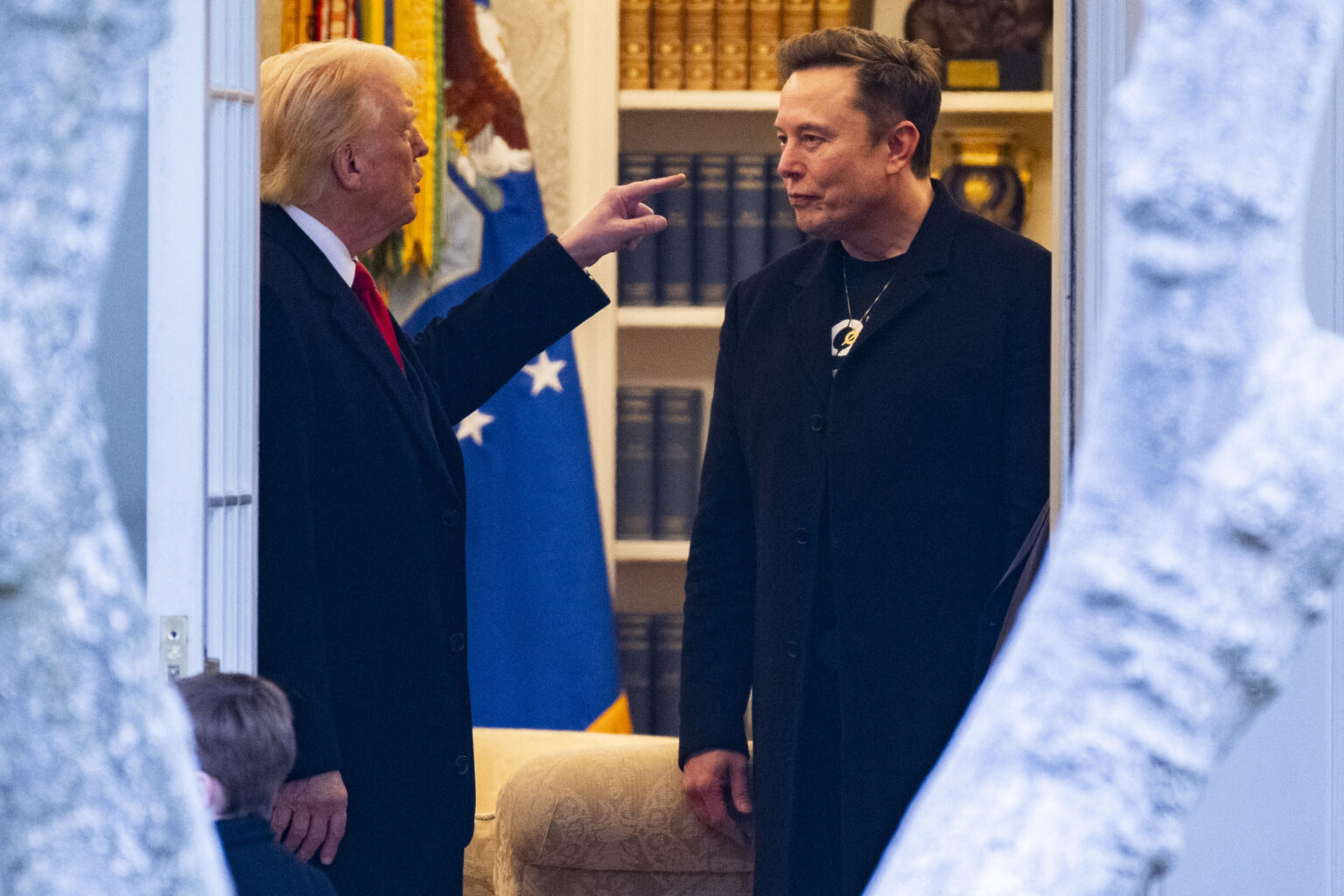Deteriorating Ties Between Elon Musk and the Trump Administration
Recent reports suggest a significant decline in the alliance that once defined the relationship between Elon Musk and the Trump presidency. Close associates indicate that the once-strong partnership is now experiencing notable strains, signaling a shift in the dynamics that shaped their collaboration during Trump’s tenure.
The Significance of the Musk-Trump Alliance
Elon Musk’s role as head of the Department of Government Effectiveness (DOGE) positioned him as a key influencer in federal policy, especially regarding budget reductions and technological innovation. As the owner of X (formerly Twitter), Musk’s social media presence has often served as a platform to endorse or critique government policies, making him a prominent voice in political discourse. Trump publicly lauded Musk as a “genius” and supported his electric vehicle company, Tesla, even amid widespread skepticism and protests against Musk’s business practices.
Historically, Musk was a frequent visitor to Mar-a-Lago, underscoring the personal rapport that underpinned their professional relationship. This close association was seen as instrumental in shaping policy discussions and public messaging during the administration.
Shifting Dynamics and Emerging Frictions
However, recent developments suggest that Musk’s public role within the government apparatus has diminished, coinciding with growing frustrations on both sides. Musk’s departure from his visible position at DOGE appears to reflect deeper disagreements, including conflicts with senior White House officials over policy directions and management issues.
Sources close to the political scene reveal that Musk’s popularity has waned among Republican circles, with some insiders describing his influence as waning due to recent missteps. An anonymous Republican strategist told Politico, “He’s finished. His approval ratings are terrible, and his approach in Wisconsin was seen as juvenile and ineffective. It’s alienating voters rather than helping.”
Diverging Policy Perspectives
Musk’s recent criticisms of Trump’s policies further illustrate the growing rift. After announcing a renewed focus on his technology ventures, Musk expressed disappointment with Trump’s recent legislative proposals, criticizing the bill for increasing federal spending-an issue Musk and DOGE had been actively trying to reduce.
In an interview with CBS, Musk stated, “The bill is too big and not as beautiful as it could be. It’s increasing the deficit rather than shrinking it, which undermines the efforts of the DOGE team.” His opposition extends to Trump’s tariffs on imports, which Musk argues disrupt global supply chains critical to his companies’ operations. Additionally, Musk publicly challenged Trump’s longstanding advocacy for fossil fuels, asserting on social media that “oil is insignificant compared to solar energy,” signaling a clear divergence on energy policy.
Public Statements and Future Outlook
Despite the tensions, some political figures maintain that Musk’s influence remains relevant. Vice President JD Vance remarked in April that while Musk’s role at DOGE is evolving, he will continue to serve as an advisor and friend to both Vance and Trump. Similarly, White House spokesperson Karoline Leavitt confirmed that Musk intends to step back from public service once his current responsibilities are fulfilled, focusing instead on his corporate pursuits.
Looking ahead, Musk has indicated that his primary focus will now be on his flagship companies, Tesla and SpaceX, rather than political engagement. This shift suggests that the once-close relationship with Trump may be entering a new phase, with Musk prioritizing technological innovation over political alliances.
Conclusion
The once-robust partnership between Elon Musk and the Trump administration appears to be waning, driven by policy disagreements and shifting personal priorities. As Musk distances himself from political involvement, the implications for his influence on government policy and public discourse remain uncertain. What remains clear is that the landscape of tech-politics relationships continues to evolve rapidly, reflecting broader changes in both industries and political spheres.

